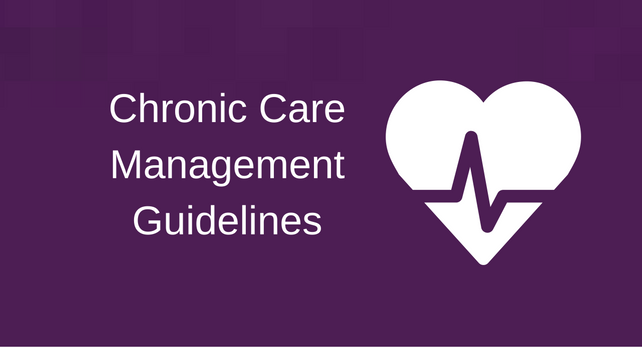In January 2015, CMS announced a Chronic Care Management program that pays providers separately for non-face-to-face care coordination services furnished to Medicare beneficiaries with multiple chronic conditions. Primary care providers and/or specialists can bill a CPT99490 code once per month, per patient, who meets the eligibility requirements and agrees to join this program. Only one provider can bill per patient.
Beginning this year, RHCs and FQHCs may receive an additional payment for the costs of CCM services that are not already captured in the RHC AIR or the FQHC PPS for CCM services to Medicare beneficiaries having multiple (two or more) chronic conditions that are expected to last at least 12 months (or until the death of the patient), and place the patient at significant risk of death, acute exacerbation/decompensation, or functional decline To be eligible for the program, a Medicare beneficiary must have two or more chronic conditions expected to last longer than 12 months and have a comprehensive care plan established, implemented, revised and monitored. Some common conditions include: Data from The Centers for Disease Control[2] shows that two-thirds of Medicare beneficiaries have two or more chronic conditions, and about one-third have four or more chronic conditions. Many providers are doing chronic care management work today for more than half of their Medicare patients without being compensated. Providers can capture new recurring reimbursements using the CMS chronic care management program by educating and enrolling eligible Medicare beneficiary patients. Systematic, ongoing care management for patients with chronic conditions improves outcomes and helps prevent expensive hospital and Emergency Department care. As MACRA rolls out in 2017, the CCM program could become a lifeline for both patients and practices as reimbursements to providers are expected to drop in the first few years of MACRA implementation. EMR and IT vendors are hard at work incorporating the CCM program into their software to make it easier for providers to keep track of these patients after they are enrolled. For example, eMedApps’ new Smart Visit tool creates a unified view of the patient, complete with test results, historical notes and more, providing clinicians an overview of a patient’s chart for past and future information. While reviewing all prior patient information from one template, clinicians can plan future orders for care and tests. To learn more about eMedApps’ Smart Visit solution or to schedule a Smart Visit demo, contact us today. [1] https://www.cms.gov/Outreach-and-Education/Medicare-Learning-Network-MLN/MLNMattersArticles/downloads/MM9234.pdf [2] http://www.cdc.gov/pcd/issues/2013/12_0137.htm

